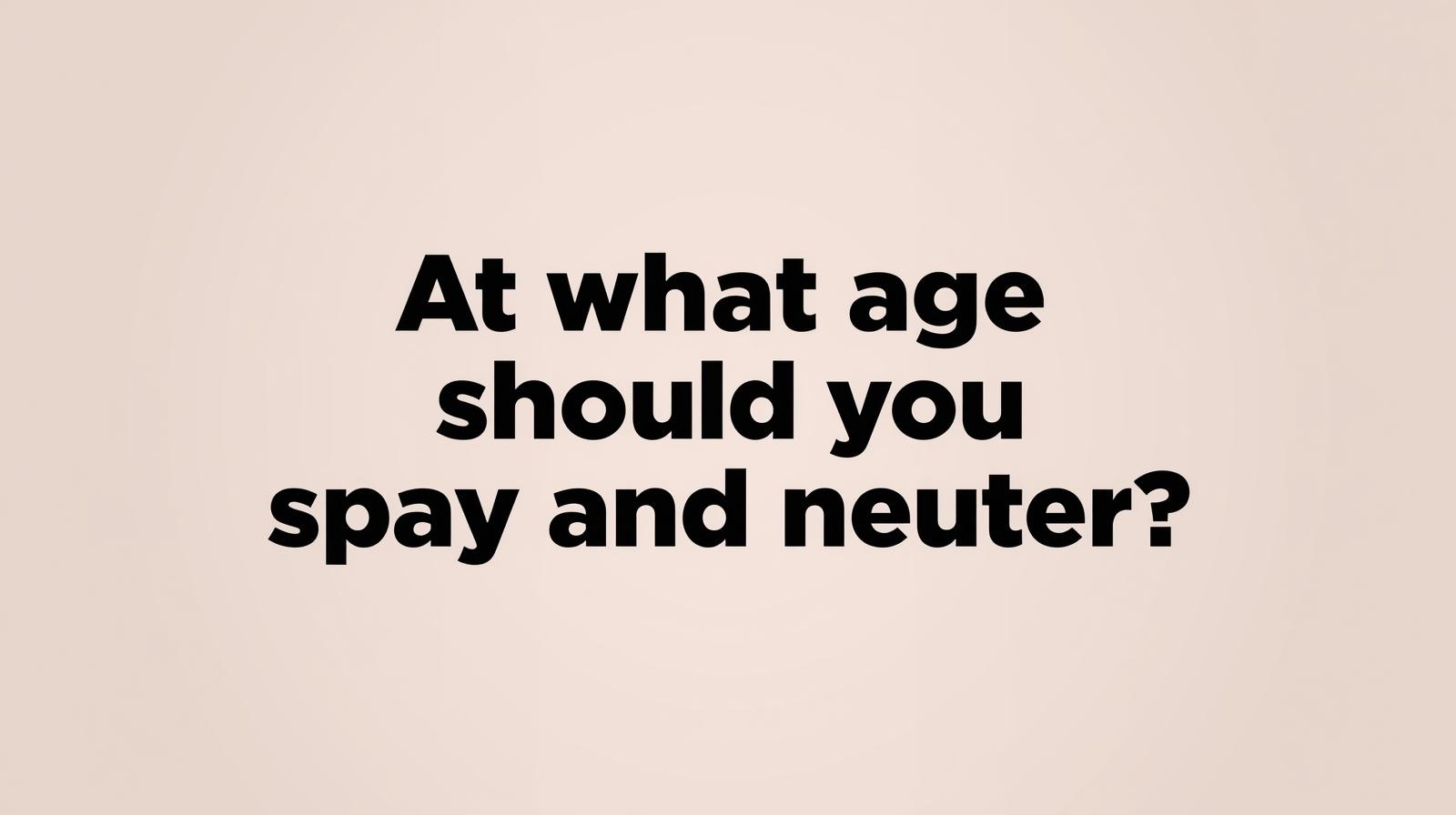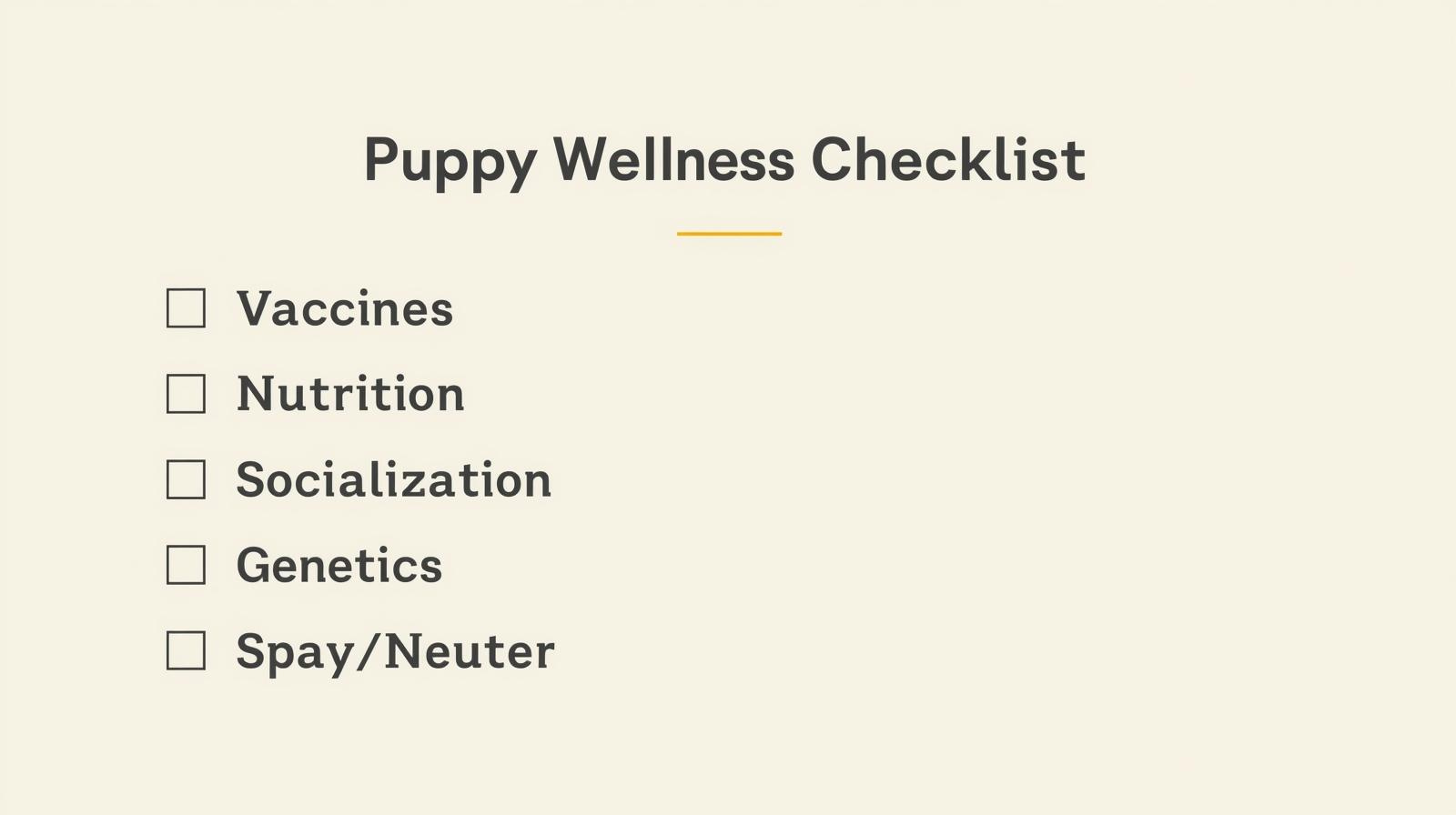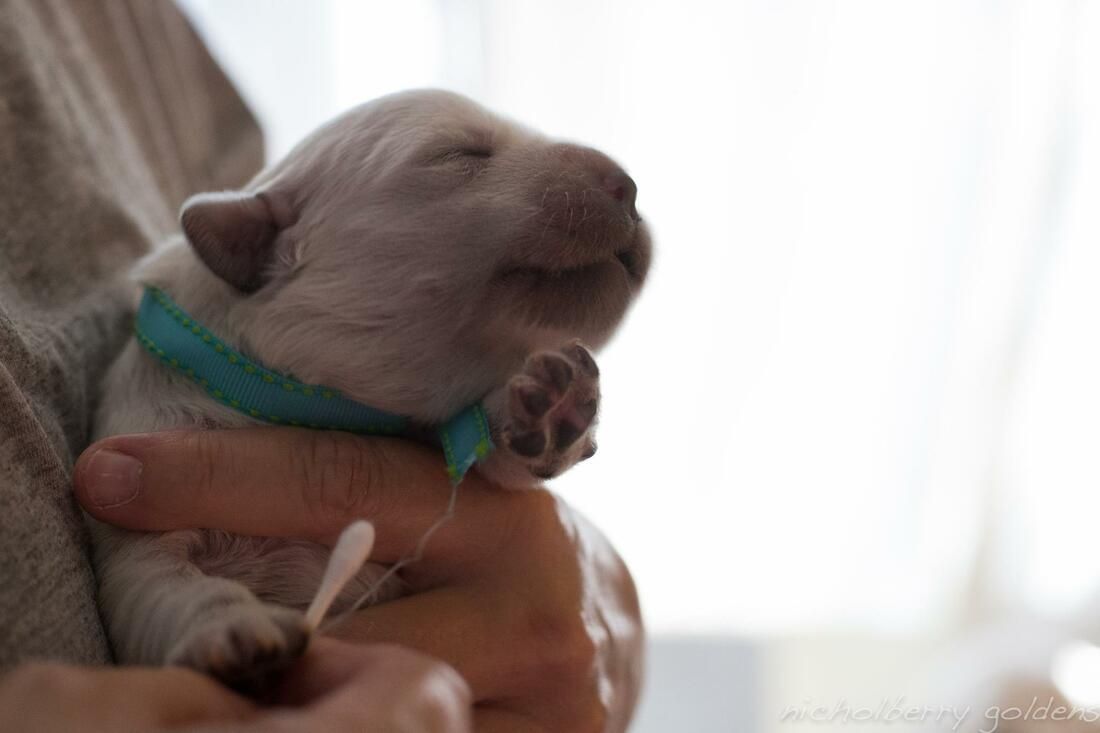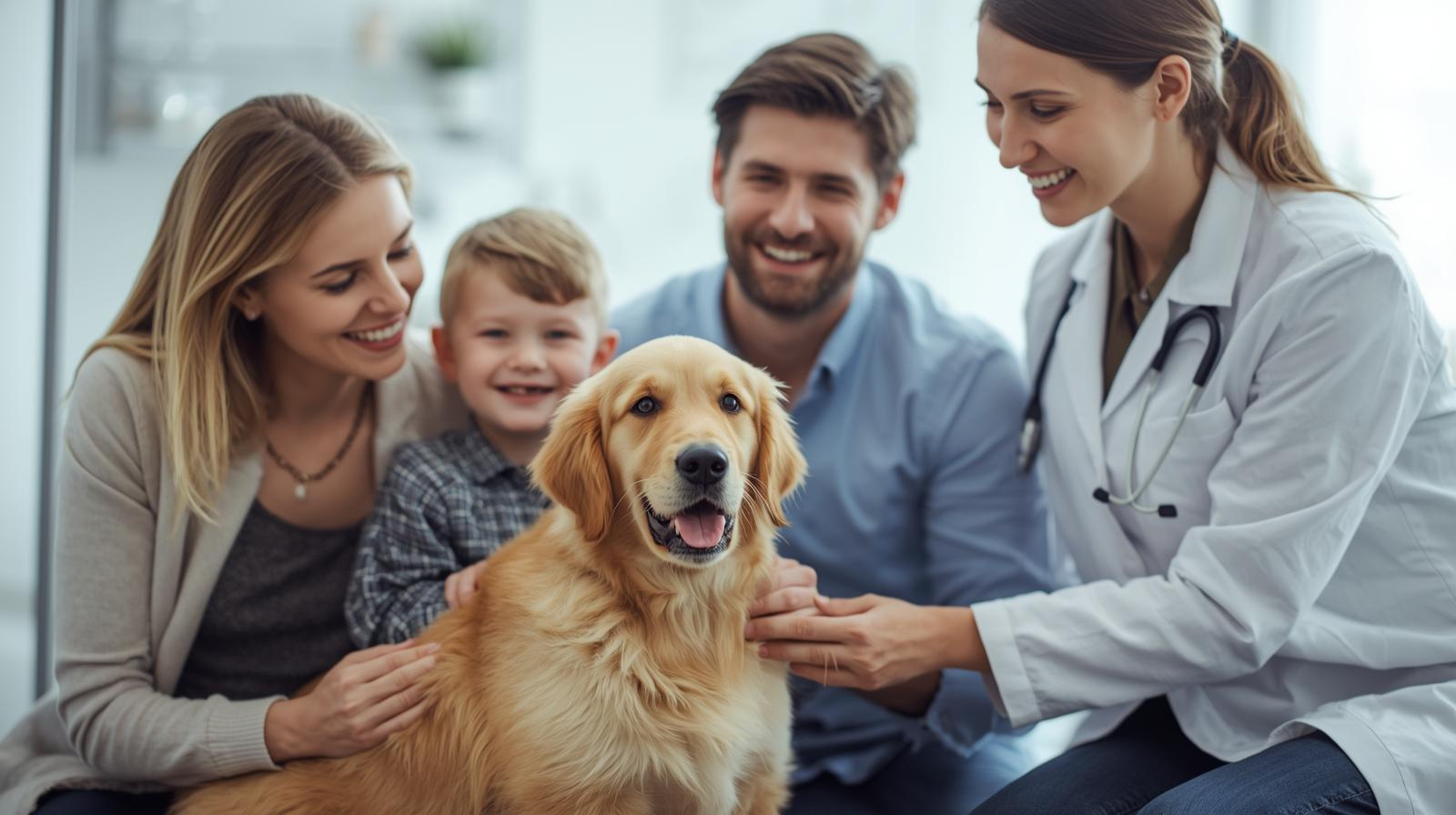Spaying and Neutering Your Puppy: What Families and Breeders Should Know
An Important Part of Responsible Pet Ownership
The decision to spay or neuter a puppy is one every family eventually faces. It can feel like a big step, and opinions about timing can vary. At Homemade Puppies, we believe in informed, compassionate choices guided by your veterinarian and supported by your breeder.
Spaying and neutering are part of responsible ownership. Understanding why these procedures matter — and how timing influences long-term health — helps families make confident, well-balanced decisions.
What Spaying and Neutering Mean
Spaying is the surgical procedure that prevents female dogs from becoming pregnant.
Neutering is the procedure that prevents male dogs from reproducing.
Both surgeries are routine and performed by licensed veterinarians. Recovery is usually quick, and most puppies return to normal energy levels in a few days. Your veterinarian will guide you through aftercare and pain management.
Why Many Families Choose to Spay or Neuter
Families often choose these procedures for both health and behavioral benefits.
Spaying can reduce the risk of uterine infections and certain cancers, while neutering can lower the risk of prostate issues and reduce marking behaviors.
These procedures don’t replace training, but combined with structure, socialization, and guidance, they can support calmer, more balanced behavior.
Calm behavior is one of the hallmarks of puppies raised through the Homemade Puppies network,, where families and breeders work together to build strong foundations.
Timing matters — and it is not one-size-fits-all. Breed, size, genetics, and purpose (companion vs. working dog) all play a role. Always consult your veterinarian for individualized guidance.
Timing Matters — Do Your Research
Recent research shows that ideal spay/neuter timing varies by breed and size. For example, some large or working breeds may benefit from waiting longer to allow their joints and growth plates to mature.
The
American Kennel Club provides helpful guidance summarizing breed-specific considerations for timing.
When speaking with your breeder and veterinarian, consider asking:
- What timing do you recommend for our puppy’s breed and size?
- Are there growth or joint factors to consider?
- What recent studies or veterinary guidelines inform your recommendation?
This collaboration ensures decisions are grounded in understanding, not assumptions — a key value of the Homemade Puppies community.

Considerations for Breeders and Families
Breeders within the Homemade Puppies network may have their own guidelines for spay/neuter timing, based on:
- Maturity rate
- Breed size
- Intended purpose (companion, sport, working)
Our goal is to help families understand and follow their breeder’s recommendations while working closely with their veterinarian. This team approach ensures decisions support health, stability, and long-term well-being.
The Bigger Wellness Picture

Spaying and neutering are one part of a complete wellness plan. Along with early socialization, genetic awareness, quality nutrition, and consistent training, they help shape a healthy, confident companion.
Internal link opportunity: Families wanting guidance on behavior, routines, or training can connect with Neshaminy Creek Dog Training for support.
Our network’s role is to educate, guide, and support families through each stage of their puppy’s development.
Closing Thoughts
Every puppy is unique — and so is every family. Spaying or neutering is an act of care and responsibility, but the best timing and approach depend on your puppy’s individual needs.
At Homemade Puppies, we stand behind informed decisions, compassionate guidance, and lifelong wellness that begins the moment your puppy joins your family.










